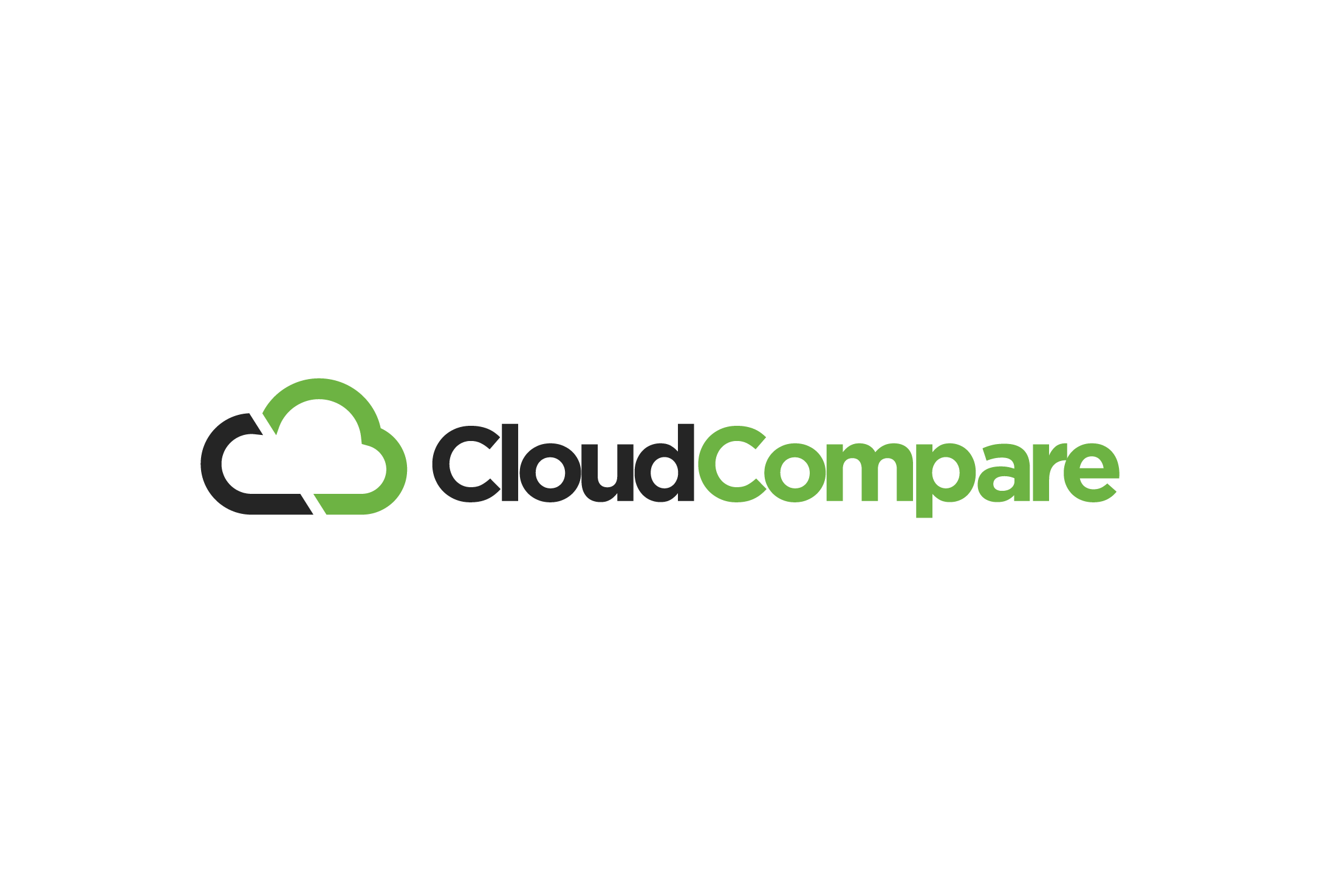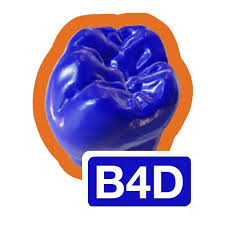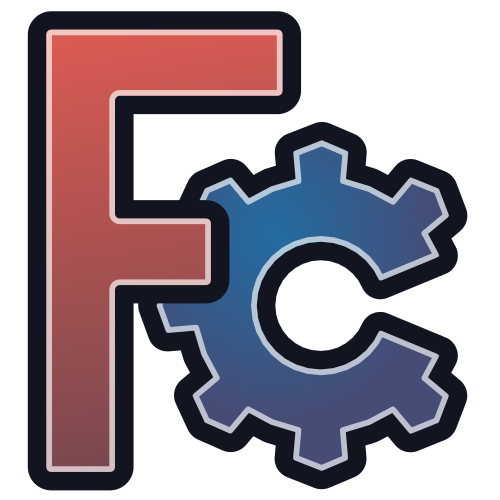Bahmni — Open-Source Hospital Platform Used in Dentistry
Bahmni is not a typical EMR. It was built as a complete hospital platform, combining electronic records, billing, lab work, and pharmacy into one system. At its core it runs on OpenMRS for patient records, OpenELIS for labs, and Odoo for billing and inventory. What sets it apart is flexibility — clinics can add their own forms and workflows, so dental departments often adapt Bahmni to cover charting, treatment histories, and even integration with imaging tools. It is designed for hospitals and multi-specialty environments, but smaller clinics with IT support also use it.
Technical Profile
| Area | Details |
| Platforms | Linux server backend; browser-based access for users |
| Stack | OpenMRS + OpenELIS + Odoo |
| Core functions | Registration, patient records, appointments, billing, pharmacy, lab integration |
| Dental modules | Customizable forms for charting and procedures, imaging references |
| Deployment | Central server with web clients; works locally or in the cloud |
| Performance | Scales from a single clinic to hospitals with hundreds of users |
| License | GPL, open-source |
| Users | Hospitals, teaching institutions, community clinics with dental units |
Comparison Snapshot
| Tool | What Stands Out | Where It Fits |
| Bahmni | Full hospital system with dental extensions | Multi-specialty hospitals, university clinics |
| FreeMED | Lighter EMR, flexible modules | Small to mid-size clinics |
| Chikitsa | Simple and minimal, quick install | Small dental practices |
| Oscar EMR | Research-focused, academic roots | Teaching hospitals, research settings |
Installation Notes
– Needs a Linux server (commonly CentOS or Ubuntu) with PostgreSQL and Java runtime.
– Clients only need a web browser — no local installation.
– After setup, IT staff configure roles, create forms for dental records, and connect billing or imaging systems.
How It’s Used
– Hospitals: manage records, billing, labs, and pharmacy from one platform.
– Dental clinics inside hospitals: record treatments and use dental charting modules.
– Universities: run Bahmni as a teaching tool for both medical and dental students.
– Community programs: deploy it as a cost-effective system in low-resource regions.
Deployment Notes
– Works well in multi-user environments with role-based access.
– Cloud hosting is an option, but many sites still prefer on-premises servers.
– Custom forms are key — they allow dental departments to tailor Bahmni to daily needs.
Limitations
– Setup and maintenance require skilled IT staff.
– Out-of-the-box dental support is basic, customization is needed.
– More complex compared to smaller EMRs, which may not suit solo practices.









